Journey Through “Januarys” on SpicyIP (2005 – Present)
SpicyIP
FEBRUARY 27, 2024
This time, I have journeyed through the pages “Januarys” on SpicyIP since 2005 and got you some stories that, I think, have kept us occupied over the years. For more descriptive posts especially on Non-Fungible Tokens (NFTs) and copyright law, check Adarsh Ramanujan’s two-part post here and here and Awani Kelkar’s post here.

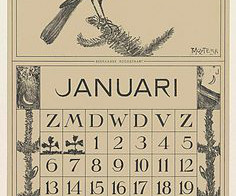
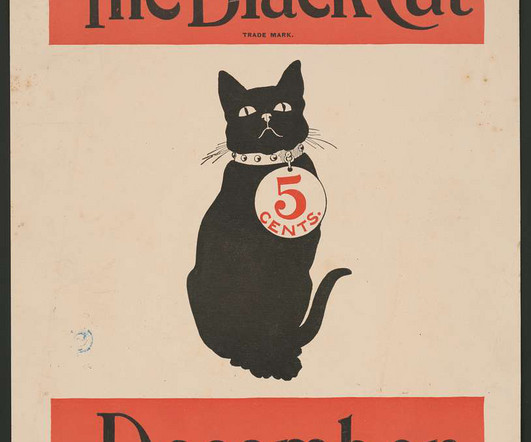
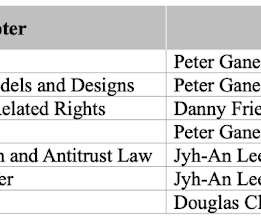
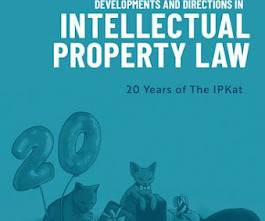
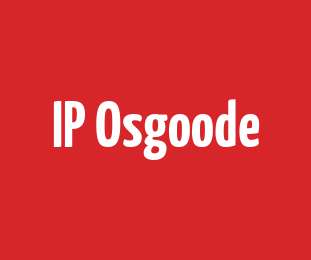






Let's personalize your content